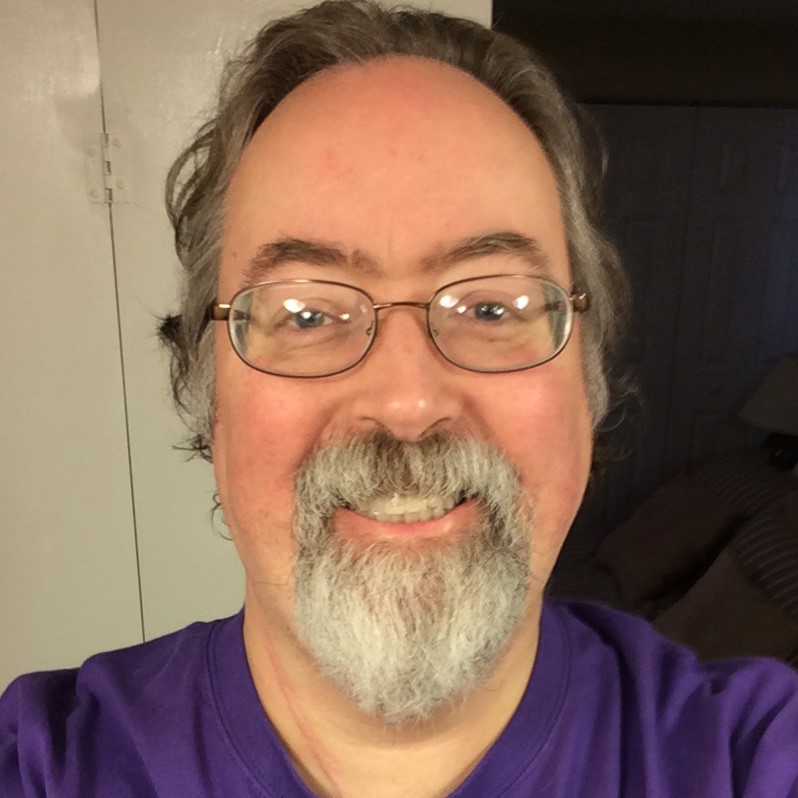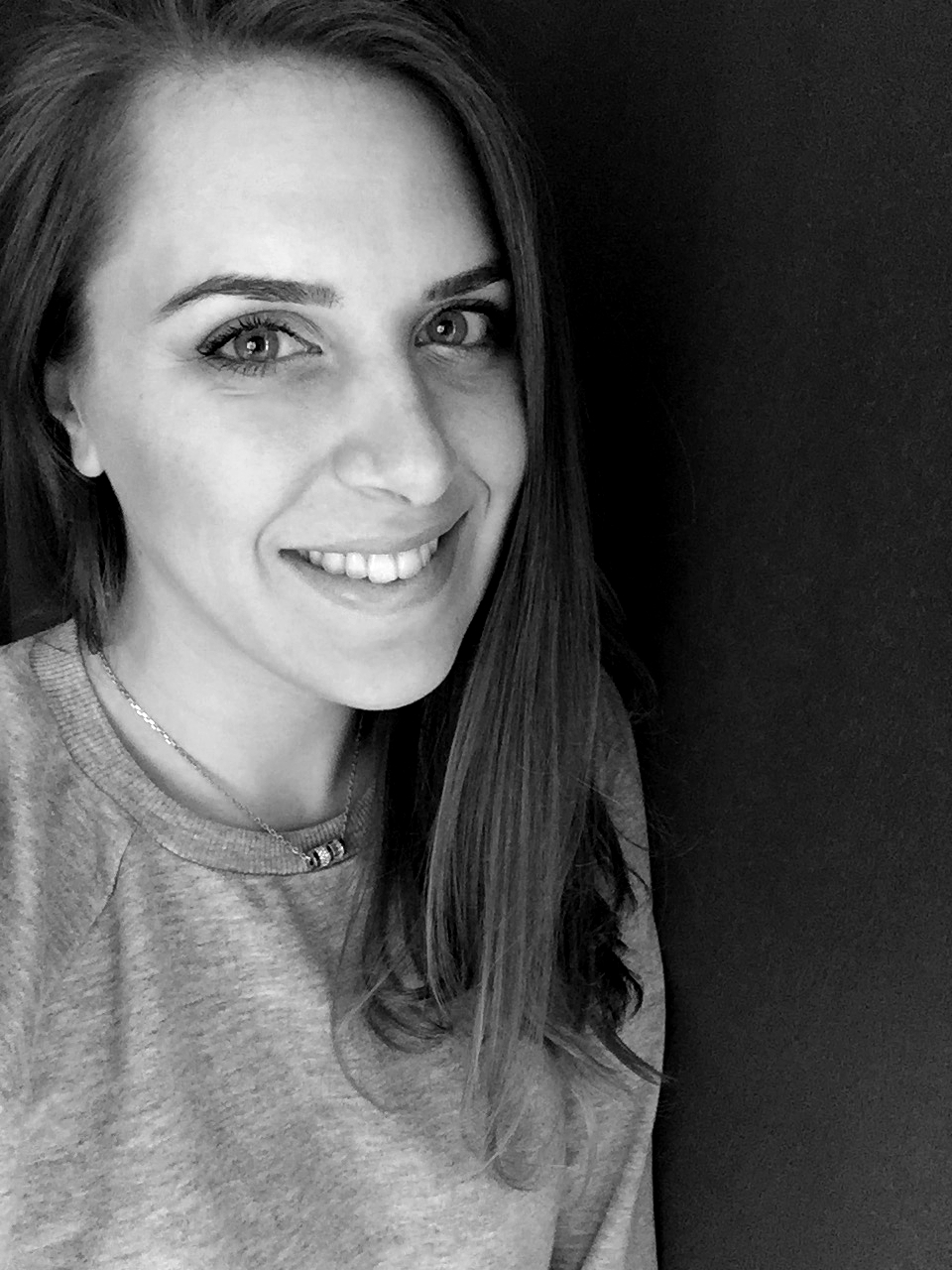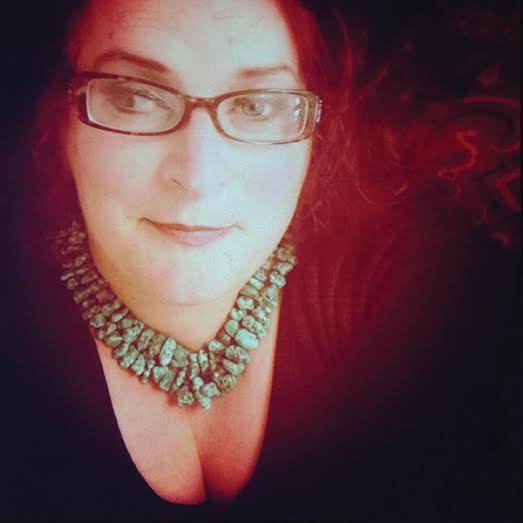Mimics. You know what I mean, those people that can do amazing impersonations. The one I’m most recently impressed by is Ross Marquand, an actor on The Walking Dead. His takes on Kevin Spacey and Michael Caine are uncanny. Uncanny — remember that word. In a discussion with a coworker, I put forth my favorite theory on why some people can be accomplished mimics, and some can’t. Oh, for sure, you grew up knowing that guy who could act like the gym teacher and make everyone laugh. But I’m not really talking about that guy. That guy has a light quiver. His only arrow might be the gym teacher and maybe a really mediocre Christopher Walken. One that makes you cringe but you go along with it because, well, its bad form to point out someone trying that hard is pathetically failing.
These are the average schmoes, guys and gals like you and me that might have only one impersonation. And none of us are uncanny. There’s that word — uncanny. Ok, so back to my theory, and here it is. Or actually I’m going to creep up on my theory by first making an observation. Have you ever seen yourself filmed or recorded and thought “OMG, is THAT my voice? I don’t sound like that at all!”
But of course, yes you do. Because everyone else in the shot sounds like everyone else sounds. But that means you DO sound that. How far is it off for you? For me, my recorded voice sounds more tinny, more sibilant and less masculine than what I hear in my own ears when I talk. Yes, it’s a bit of a blow to my ego. But we’re not talking about me now, are we?
So my theory: Our voices sound differently to ourselves because it has to travel through a different medium. Other people hear us directly through the air. We hear ourselves through the distracting interference of our bones and flesh as it reaches our inner ear. We can’t hear ourselves correctly. Well, most of us. And that brings us back to mimics.
I believe people that are actually uncanny in their ability to mimic a wide ranges of celebrities can do this because they’ve either learned to ignore the distracting interference of their own skull and work around it, OR their interference simply doesn’t exist. They hear themselves exactly as the rest of us do. Either way, this allows them to actively modulate their voice to become the voice of their target of impersonation. So, what does this have to do writing? You’ve probably figure out I’m an author, I could tell you about myself yadda yadda yadda who cares? I want to talk about when writing actually works, when it comes together like a perfect storm of fate, coincidence or sheer effort to produce a compelling believable piece of writing. I’m suggesting it best happens when we learn to sabotage the distracting interference of our own lives and begin to actually hear and speak what the characters want to say. We become better mimics of them, we follow their speech patterns, their thoughts, their desires, their goals, everything about them. But if we let our own thoughts, our own distractions, our own goals get in the way, then we become that guy who did the gym teacher’s voice, badly.
It’s a Zen, thing. I love it when it happens. I can plan and plot and intend almost anything, but as I’m writing, the voice of the character tells me “no, John, I’m not saying that. Why would I say that? Don’t you know this scene scares the crap out of me? Don’t you know this guy reminds me of my father, who beat me? I would never politely tell this guy to shove off, I’d do it with a sledgehammer.” The trick, you see, is to let your characters write the story. Honestly, they’re better at it. It’s their life story, after all. If you MUST look me up as an author, for some reason, I’ve got a few books out. Science Fiction, Horror, Fantasy, Dystopia, short stories. If you’re a fan of Sarah Noffke’s, and you’d be an idiot not to be, the book you’d likely be most interested in would be ROOF. You can find it or me on Amazon.
Thanks for listening… through the bones in your skull.
John Gregory Hancock
————————————————————————–

Bio: John Gregory Hancock is a storyteller.
A graphic professional for many years (which is one way to tell a story), his graphic journalism garnered international awards, and was nominated for a Pulitzer. He incorporates his visual sense in his ability to spin compelling yarns.
Currently, he has seven books of his own, and has written for The Future Chronicles anthology series, whose titles have hit the overall Amazon Top 10 Bestsellers list. The Immortality Chronicles – a Top 5 SF Anthology and Hot New Release – featured his story ‘The Antares Cigar Shoppe’, which was also nominated for Best American Science Fiction. The collection won best anthology from Preditors and Editors
His work has appeared in other anthologies, including; Prep For Doom, Bite-Sized Offerings: Tales & Legends of the Zombie Apocalypse, Flying Toasters – The DeadPixel Tales, and Off the Kuf.
Check out John here: http://www.johngregoryhancock.com/





